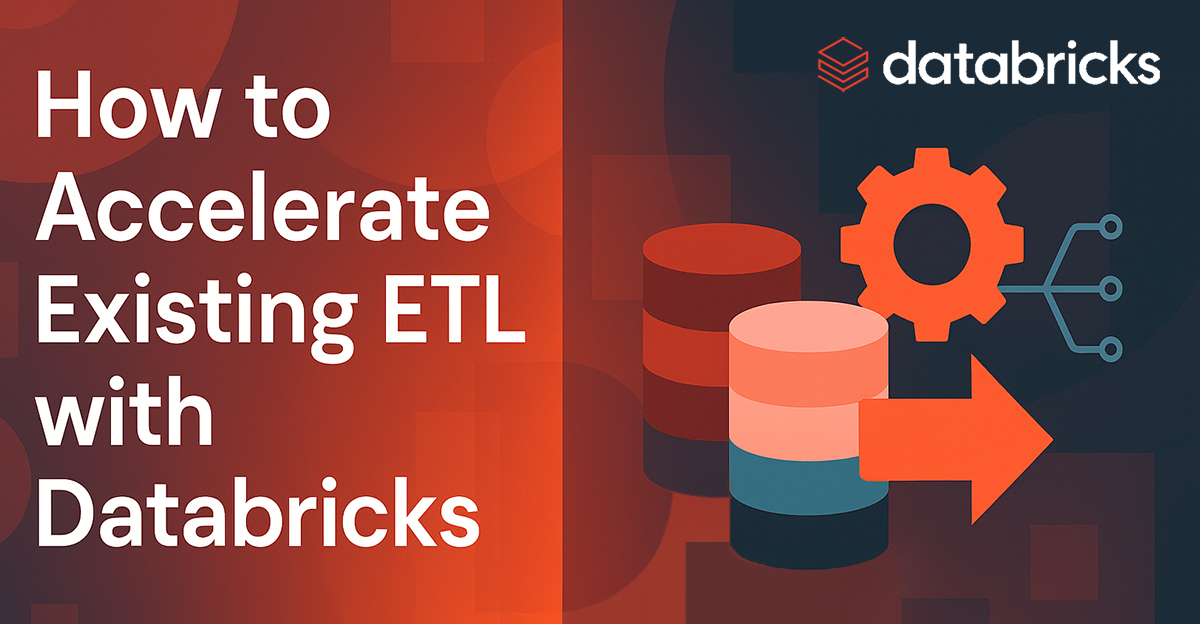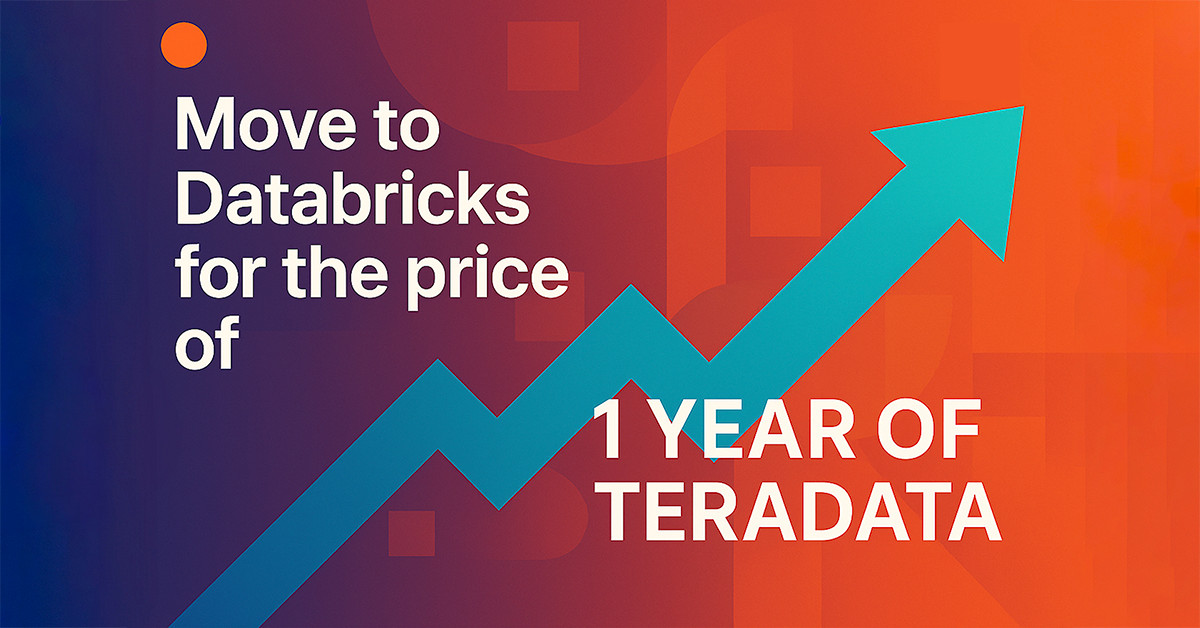This article appeared on TDWI
A recent Fortune survey found that over 80 percent of CEOs are preparing for an impending recession. Although the shape and depth of this downturn are still subject to discussion, many large enterprises have already shifted into high gear to cut costs wherever they can.
In all of this, IT is a critical cost center. Its budget seems to be always one of the first to attract scrutiny in times of crisis. The cost of databases has risen over the past several years as businesses have explored more ways to leverage data across all departments.
To no one’s surprise, IT leaders are now tasked with reining in the cost of their data infrastructure. By now, everybody agrees that cloud databases offer a great opportunity to move to a more scalable and flexible model that can react quickly to market demands and result in cost savings when the economy contracts; the cloud also helps an enterprise make sure it is ready to scale quickly when markets recover.
However, moving business users — and their workloads — to the cloud is no easy feat. As a matter of fact, it might well be one of the most challenging problems in all of IT. There is a reason migrations are considered the bane of the industry.
This is where database virtualization (DBV) comes in. DBV is a powerful catalyst that lets IT move between database stacks and take up new technology, but also lets them shed legacy systems that are turning into an organizational liability. A DBV platform sits in the data path and translates SQL and API calls in real time. Simply put, with DBV, applications written for one database can run directly using a different database without a costly, drawn out, and highly risk-laden migration.
Let’s examine how DBV can act as both tactical “pain relief” and a strategic enabler for future data projects.
About Mike Waas, CEO Datometry
Mike Waas founded Datometry with the vision of redefining enterprise data management. In the past, Mike held key engineering positions at Microsoft, Amazon, Greenplum, EMC, and Pivotal. He earned an M.S. in Computer Science from the University of Passau, Germany, and a Ph.D. in Computer Science from the University of Amsterdam, The Netherlands. Mike has co-authored over 35 peer-reviewed publications and has 20+ patents on data management to his name.




